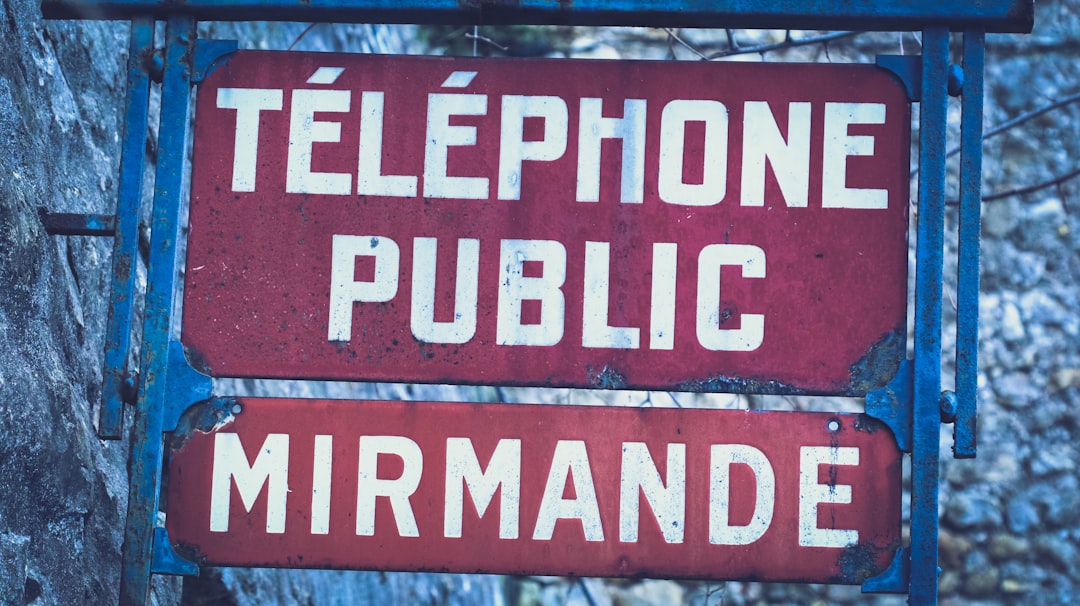In Wisconsin, strict "Do Not Call" laws protect consumers from spam texts and calls. Online travel agencies (OTAs) must adhere to these regulations to avoid legal repercussions, such as fines or lawsuits from Spam Text Lawyer Wisconsin and Spam Call Law Firm Wisconsin. Recipients of unsolicited text messages can take action by documenting and reporting them to relevant authorities. Legal professionals specializing in spam text regulations help businesses navigate complex laws, draft anti-spam policies, and protect consumer privacy while ensuring compliance.
“In the digital age, online travel agencies (OTAs) must navigate a complex landscape of regulations, particularly regarding communication with customers via text messages. This article explores Wisconsin’s legal perspective on spam texts from OTAs, delving into the state’s anti-spam laws and their implications for travel companies. We discuss the legal considerations, including the roles of lawyers and law firms in helping businesses comply with the Spam Text Law in Wisconsin and avoid potential penalties.”
Understanding Wisconsin's Anti-Spam Laws: A Framework for Online Travel Agencies

In Wisconsin, the legal landscape surrounding spam texts and calls is governed by strict regulations designed to protect consumers from unsolicited and deceptive messaging. The state’s anti-spam laws, often referred to as “Do Not Call” laws, are comprehensive and enforced vigorously by both state agencies and private attorneys. These laws not only prohibit excessive or unwanted text messages but also impose stringent penalties for violators, including spam text lawyer Wisconsin and spam call law firms Wisconsin.
Online travel agencies (OTAs) operating in Wisconsin must be particularly mindful of these regulations when sending promotional texts to customers. A spam text attorney Wisconsin can provide crucial guidance on navigating the complex web of rules, ensuring compliance and minimizing the risk of legal repercussions. By understanding and adhering to Wisconsin’s anti-spam framework, OTAs can foster positive consumer relationships while avoiding costly lawsuits and reputational damage associated with spam text Wisconsin and spam call lawyers Wisconsin.
Legal Implications of Text Messages from Travel Companies in Wisconsin

In Wisconsin, the legal implications of text messages from online travel agencies are governed by state and federal laws designed to protect consumers from unwanted and deceptive communications, commonly referred to as spam. These laws empower individuals to take action against companies that send unsolicited text messages, often promoting travel deals or services. If a travel company in Wisconsin uses text messaging without obtaining prior consent, it may be considered a violation of the state’s anti-spam legislation, leading to potential legal consequences for the sender.
Individuals who receive spam text messages from travel agencies can take several steps. They can begin by documenting the messages, including dates and content. Contacting a Spam Text Lawyer Wisconsin or a reputable Spam Call Law Firm Wisconsin is advisable to explore legal options. These experts can guide victims on how to file complaints with relevant authorities, such as the Federal Trade Commission (FTC), which enforces federal spam laws. By taking proactive measures, consumers in Wisconsin can protect themselves and contribute to a more regulated digital communication environment.
Navigating Spam Call Regulations: The Role of Lawyers in Wisconsin

In Wisconsin, navigating the complex landscape of spam text regulations requires expertise from legal professionals. As more businesses turn to online travel agencies and digital marketing, the prevalence of unwanted spam texts has increased, leading to stricter enforcement of anti-spam call laws. Lawyers in Wisconsin play a pivotal role in helping individuals and businesses protect themselves from these nuisance messages.
Spam text lawyers in Wisconsin specialize in interpreting and applying state and federal legislation aimed at curbing unsolicited text messages. They guide clients on best practices for consent management, ensuring compliance with the Telephone Consumer Protection Act (TCPA). These attorneys also assist in drafting comprehensive anti-spam policies and procedures for companies to minimize the risk of costly lawsuits and regulatory penalties associated with spam texts. By leveraging their legal expertise, Wisconsin’s spam text attorneys empower clients to protect their rights and maintain a harmonious balance between marketing efforts and consumer privacy.






